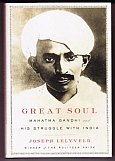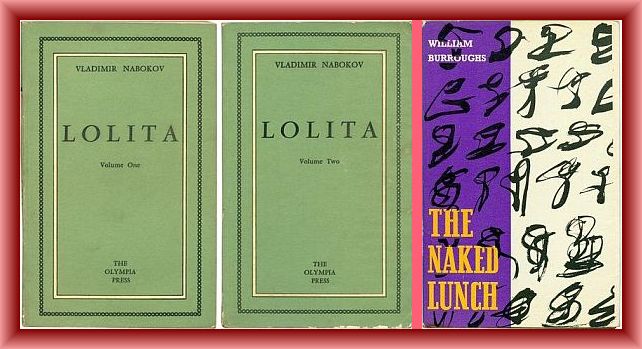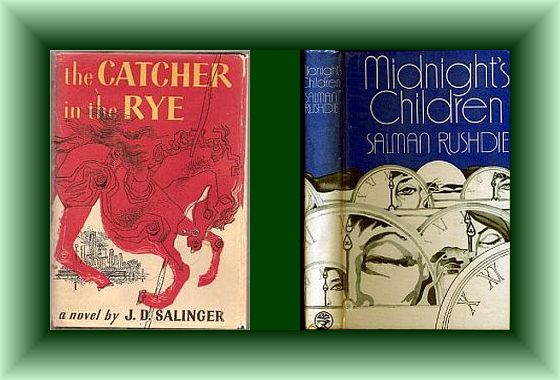Controversy and censorship usually rally positive media support that results in more interest and favorable contribution towards a book’s demand. Publicity from censorship is quite easy to generate in a world where ideological agendas are backed by media organizations and special interests groups. Book censorship has been with us for quite some time and it still rears its ugly head once in a while, as in the most recent case with Salman Rushdie’s book – The Satanic Verses. Deemed blasphemous to Islam, the book sparked riots around the world and was banned in India, Pakistan, Bangladesh, Egypt, and South Africa. The book’s Italian and Norwegian translators were wounded while the Japanese translator was killed and the author was driven to hiding somewhere in England.
Historically, books that fall victims to acts of controversy and censorship may end up becoming more valuable due to added distribution barriers and increased public awareness. Examples of such books include Mark Twain’s Huckleberry Finn, Vladimir Nabokov’s Lolita, J.D. Salinger’s The Catcher in the Rye, William Powell’s The Anarchist Cookbook, Maya Angelou’s I Know Why the Caged Bird Sings, Voltaire’s Candide, Aldus Huxley’s Brave New World, and, last but not least, George Orwell’s Nineteen Eighty Four.
Consider for a moment two books of modern literature which have a great deal in common – Vladimir Nabokov’s Lolita published in 1955 and William Burroughs’s Naked Lunch published in 1959. Both were published by Olympia Press in Paris with a total of 5,000 copies each. Lolita was banned by French, English, Argentinean, New Zealand and South African officials for obscene content delivered through 12-year-old Dolores Haze, portrayed as an oversexed teenage siren. Beat Generation’s Naked Lunch, on the other hand, loaded with bits of homosexual orgies, castration, surgeon-assassins, rapes and junkie fuzz, was not banned by any society. Today Nabokov’s Lolita is twice more valuable than Burroughs’s uncensored Naked Lunch.
Even more valuable is J.D. Salinger’s 1951 novel The Catcher in the Rye, which explores three days in the life of Holden Caulfield, a troubled 16-year-old boy. The book introduced the “screw up” slang expression, and apparently motivated John Lennon’s assassin, 25-year-old Mark David Chapman. Earlier during the 60’s, it was banned from schools’ required reading lists and an English teacher was fired from a Tulsa Oklahoma high school for assigning it to 11th graders, while in Columbus Ohio it was deemed “anti-white.” The novel remains widely read and controversial, selling around 250,000 copies a year.
Collectors looking for an opportunity to grab a recently banned controversial book with the potential to appreciate in value in the future must allow for speculation, extensive research and a little bit of luck. In recent years school officials, politicians, and authorities in communities large and small, have been too quick to pull the trigger on restricting book access through censorship. Such attempts at undermining our freedom to read are often quite contained, and they very rarely spread across a nation or national boundaries, as in the case of Salman Rushdie’s book.
One recent release that is already controversial and hard to find in its first printing is Joseph Lelyveld’s Great Soul: Mahatma Gandhi and His Struggle with India; Knopf: New York, 2011. The book has already been banned in parts of India because reviewers have discerned that Gandhi may have had a relationship with Hermann Kallenbach, a close friend from Germany. Also, a Santa Cruz, California educational organization, Foundation for Excellence, cancelled an event planned in honor of the Pulitzer Prize-winning author, because it did not want to be involved with such a controversy. Future will tell whether the factor of controversy and censorship will carry this one to high spot status.
Censorship is not the only factor at work. The fundamental elements of what makes a book rare are the primary forces behind any of the finest collectibles. An earlier masterpiece of Salman Rushdie’s Midnight’s Children, won the Booker Prize in 1981 and Best of the Bookers in 1993 and 2008, with first edition copies selling around $5000 when signed. An uncorrected proof of the first UK edition sold on Abebooks last July for $14,000. Did the author’s more recent controversy with The Satanic Verses contribute to that? One can only speculate.



{ 2 comments… read them below or add one }
I’m afraid I find this a poorly researched and reasoned article.
Naked Lunch was actually banned (although the decision was reversed four years later). Further, equating collectible values with banning controversy is facile to the point of being misleading. Lolita is more critically acclaimed than Naked Lunch–perhaps that may have been a factor in the price difference of a first edition? And, just perhaps, other factors such as the popularity of Catcher have bumped up its value–regardless of its status as a banned book.
Certainly banning a book brings notoriety and therefore often sales, but take a look at a list of books banned by governments. (Wikipedia has one.) You will find plenty you don’t even recognize, and plenty that have not reached impressive monetary heights as collectibles.
Unfortunately the short acknowledgement at the end of the article (“not the only factor at work”) does not mitigate the fact that this article oversimplifies the complex dance of supply and demand that determines the value of a collectible.
The degree of controversy varies from book to book and from circumstance to circumstance. Also the publicity a book receives is definitely affecting demand and in some cases supply depending on the nature of the ban. Giving police “Catcher” as an explanation why Chapman shot a Beatle does not compare to a high school in Alabama banning a book because a paragraph contains inappropriate content.
{ 6 trackbacks }